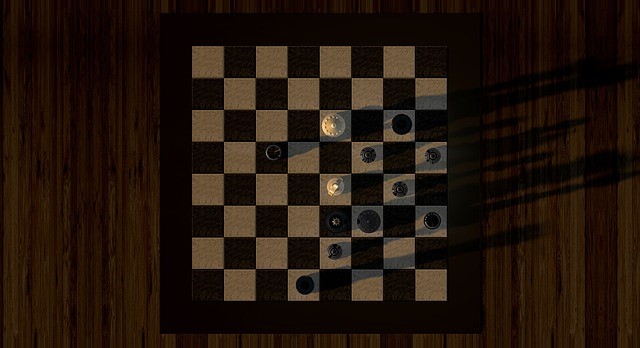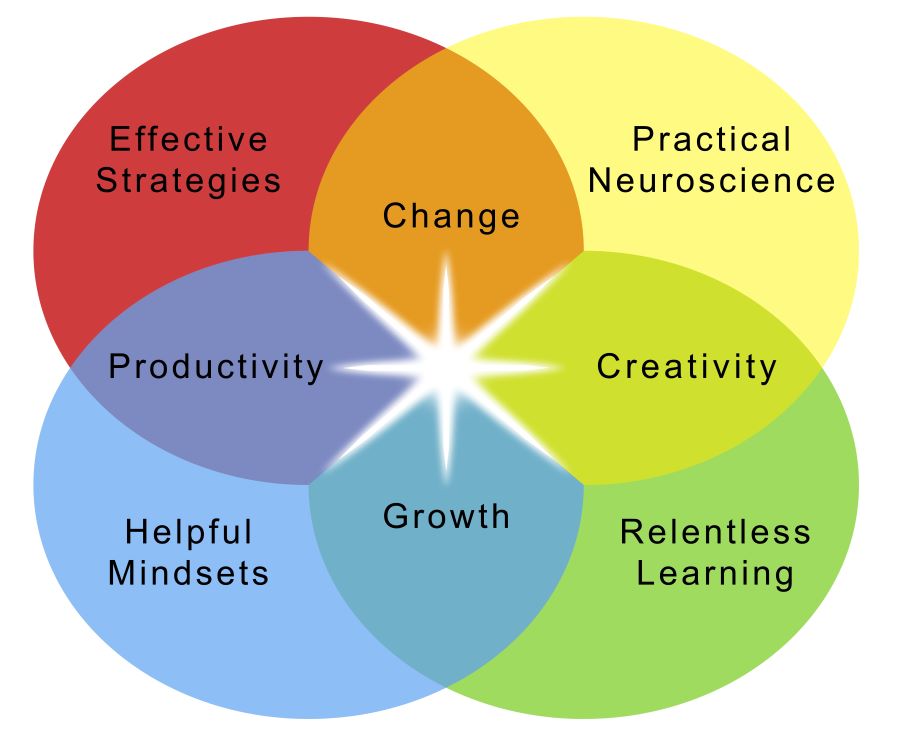
One of the cornerstones of my approach to becoming better is the use of effective strategies.

You might recall last week’s post on an epic piece of wisdom from Steven Pressfield. Today, we’re focusing on the “mechanical solutions” part of that quote:
“The problem is not you. The problem is the problem. It’s hard because it’s hard. The solution is mechanical. Work the problem.”
–Steven Pressfield
Difficult problems call for the deployment of effective strategies. This means utilizing tools, techniques, and tactics to make the problem easier to resolve. This means making intelligent plans for both the short-term and the long-term. This means working smarter instead of just working harder.
The alternative is being completely reliant on brute force, raw intellect, willpower, and talent. You might still need those things, but it is foolish to rely on them completely when there are strategic ways to make things easier.
Strategy often makes the difference between success and failure, but even if you’re strong enough, smart enough, tough enough, and talented enough to succeed without effective strategies, you could still do better if you used them. Even if you’re already beating the competition, you could still improve your performance. While it’s tempting to focus on being better than other people, you’ll go further if you focus on becoming better than yourself.
A Large Toolkit
You have plenty of options.
Some strategies help you overcome procrastination or resist temptation:
- Remembering the thinking cost
- Deploying The 20-Second Rule
Some strategies help you start new habits:
Some strategies help facilitate long-term behavioral change:
- 100% commitment
- Using spaced repetition to change your identity
- Keeping your eyes on the process
Some strategies help you develop self-efficacy:
Some strategies help you find time for self-improvement even when you’re very busy:
- Doing your shoulds before your have-to’s
- Taking advantage of OTM’s
- Making self-care the first thing you do every morning
Some strategies help you stay calm and sane in the modern world:
Some strategies help you feel happier:
This was just a handful of my favorites. There are many more out there and many more to come from this blog.
How do I know which strategies are effective?
One option is to learn from the examples of others and use the strategies that have worked for them. Plenty of other people have faced problems similar to your own, so you don’t have to start from scratch. Many successful people have even written books detailing their strategies.
You can also base your strategies on scientific research. Modern psychology and neuroscience can tell you a great deal about which strategies are likely to work and which are likely to fail. And you don’t need to become an expert or sift through loads of technical jargon; most important ideas are easily accessible in pop-psychology books, free online courses, or YouTube videos such as Brian Johnson’s Philosophers Notes.
Role models and scientific findings are great places to start, but the ultimate test of whether a strategy is effective or not is always you. Everyone is different, so figuring out what works for you requires running little experiments. Be inventive and adjust as needed. Try things. And try them for long enough to give them an honest chance of working. Keep what works and discard the rest.
Effective strategies don’t have to be complicated or clever; they just have to work. In fact, simple is often better. Although there are many self-improvement apps offering shiny, gamified, “modern” solutions, you might discover that what works for you is as unglamorous as rearranging your furniture or putting pen to paper.
Whatever you find, I hope that taking a strategic approach to life leads you to greater success and deeper contentment. And if you discover a strategy that you love, please send an email to chris@becomingbetter.org to tell me about it. I’d love to try it and perhaps share it because, odds are, it will work for other people too.
